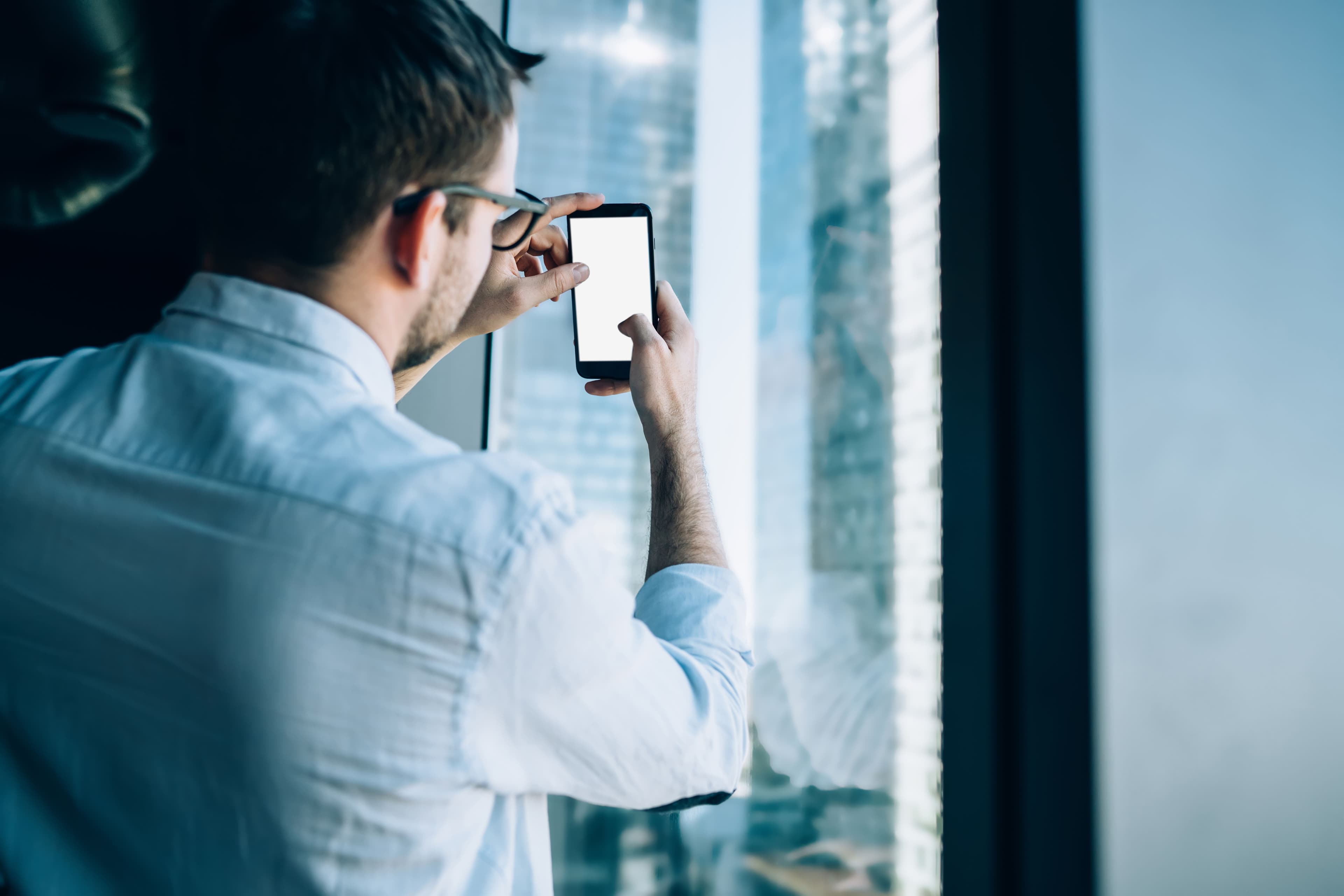Steps to Take if You Witness Police Misconduct in California
A practical guide for California bystanders, explaining how to safely document and report police misconduct or excessive force, the rights of witnesses, and tips for supporting victims. Learn what you can do to make a difference and help hold law enforcement accountable.

Police misconduct doesn’t just harm the immediate victim—it undermines trust across entire communities. In California, bystanders play a crucial role in exposing abuses of power and promoting accountability. Whether you see excessive force, racial profiling, or other rights violations, your actions can help secure justice and prevent future harm. Here’s what to do—and what not to do—if you witness police misconduct.
What Counts as Police Misconduct?
Police misconduct can take many forms, including:
- Excessive or unnecessary use of force (physical violence, tasers, pepper spray, etc.)
- Racial profiling or discrimination
- Illegal searches or seizures
- Verbal abuse, threats, or intimidation
- Sexual misconduct or harassment
- Falsifying evidence or reports
- Denying medical care
If you see officers acting outside the law or violating someone’s rights, it may qualify as misconduct.
Your Rights as a Witness in California
California law protects the rights of bystanders to observe and record police activity in public spaces, as long as you do not interfere with official duties. You are legally allowed to:
- Record video and audio of police encounters in public areas
- Stand at a reasonable distance without obstructing officers
- Ask for officers’ names and badge numbers
Officers may not legally seize your phone or demand you stop recording unless you are physically interfering with their work.
How to Document Police Misconduct Safely
1. Record the Incident
If you feel safe, use your phone to record video and audio of the encounter. Try to capture:
- The officers’ faces, uniforms, and badge numbers
- The entire incident from beginning to end
- The surroundings and any injuries
Hold your phone steady and do not hide the fact that you’re recording.
2. Take Notes and Get Witnesses
Write down or record:
- Date, time, and location
- Names and badge numbers of officers (if visible)
- License plate or vehicle numbers
- What was said and done by everyone involved
If others witnessed the event, ask for their contact information.
3. Keep a Safe Distance
Stay back and do not physically interfere. If asked to move, comply—but keep recording from a new location.
4. Back Up Your Evidence
Save your video, photos, and notes to a secure location, such as the cloud or a trusted friend’s phone. Do not alter or delete anything.

What NOT to Do as a Bystander
- Do not physically intervene. Attempting to break up an arrest or confront officers can put you and the victim at risk.
- Do not obstruct police. Stand clear and avoid blocking officers’ movements.
- Do not make aggressive or threatening gestures. Remain calm and respectful at all times.
- Do not delete or edit evidence. Unaltered, complete documentation is most credible.
How to Report Police Misconduct
1. Submit a Complaint
File a complaint with the police department’s internal affairs unit or a civilian oversight board. Many agencies have online forms. Provide your name, contact information, and all evidence you gathered.
2. Contact Civil Rights Organizations
Groups like the ACLU of Southern California or the National Police Accountability Project can provide guidance, resources, and may help elevate the case.
3. Support the Victim
If safe, share your contact information with the victim or their attorney. Your testimony and evidence may be crucial in their civil rights case.
4. Consult a Lawyer
If you face retaliation, threats, or intimidation after reporting, contact a civil rights attorney immediately.
Frequently Asked Questions
Can police legally take my phone if I’m recording?
No, unless you are interfering or the phone contains evidence of a crime. Even then, officers need a warrant or your consent to search its contents.
Should I post the video online?
It’s your choice, but consider privacy concerns and potential risks for the victim. Sharing with a lawyer or advocacy group first may be safer.
Can I be arrested for witnessing or recording?
Simply observing or recording is legal, but do not physically interfere. If you are threatened with arrest, comply and seek legal help.
The Christian Contreras Firm: Supporting Bystanders Who Speak Out
At The Christian Contreras Firm, we know how vital bystanders are in fighting police misconduct. Our attorneys support witnesses and victims, using your evidence to hold law enforcement accountable. If you need guidance after witnessing police abuse, we’re here to help you protect your rights and make a difference.
Take Action—Your Voice Matters
If you witness police misconduct in California, don’t stay silent. Document what you see, support the victim, and report the incident. The evidence you provide could be the key to justice and lasting reform.
Mais de $150 Milhões em Compensação para Clientes